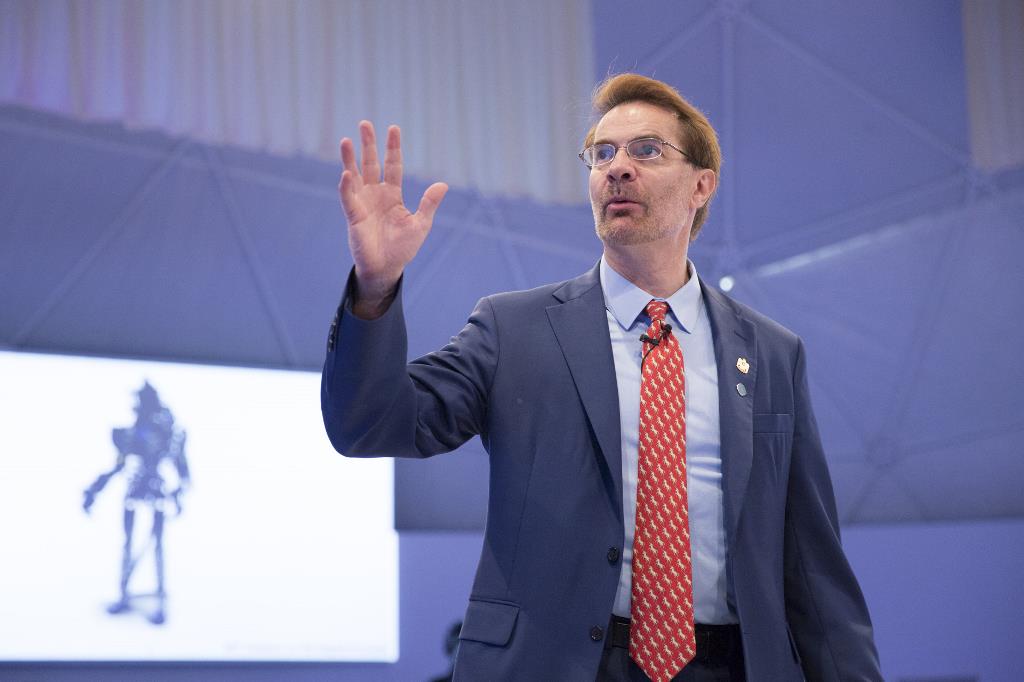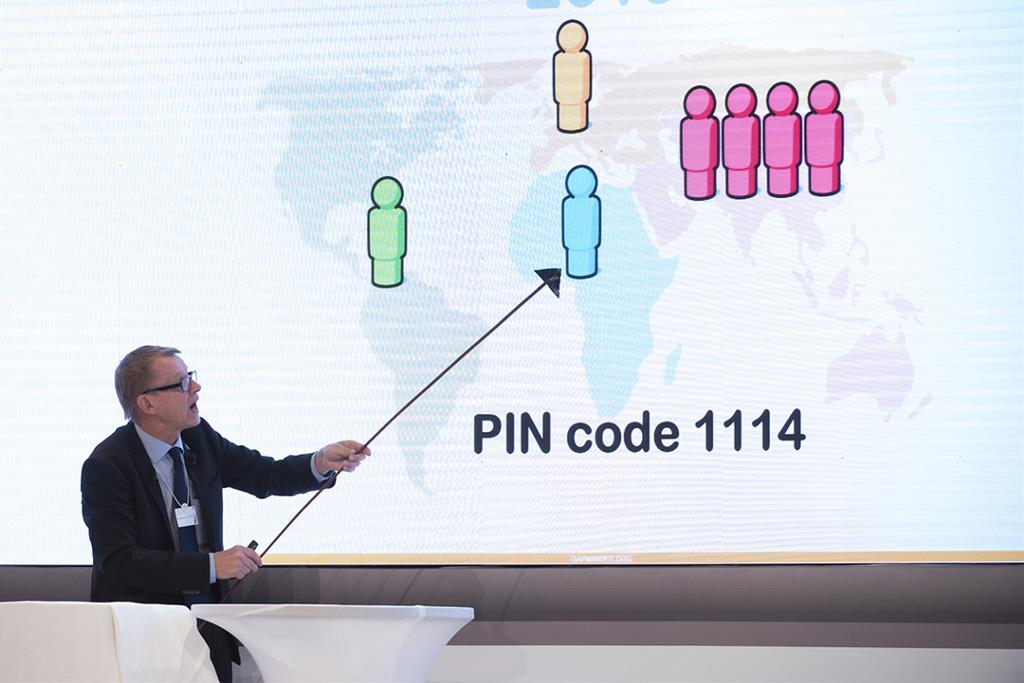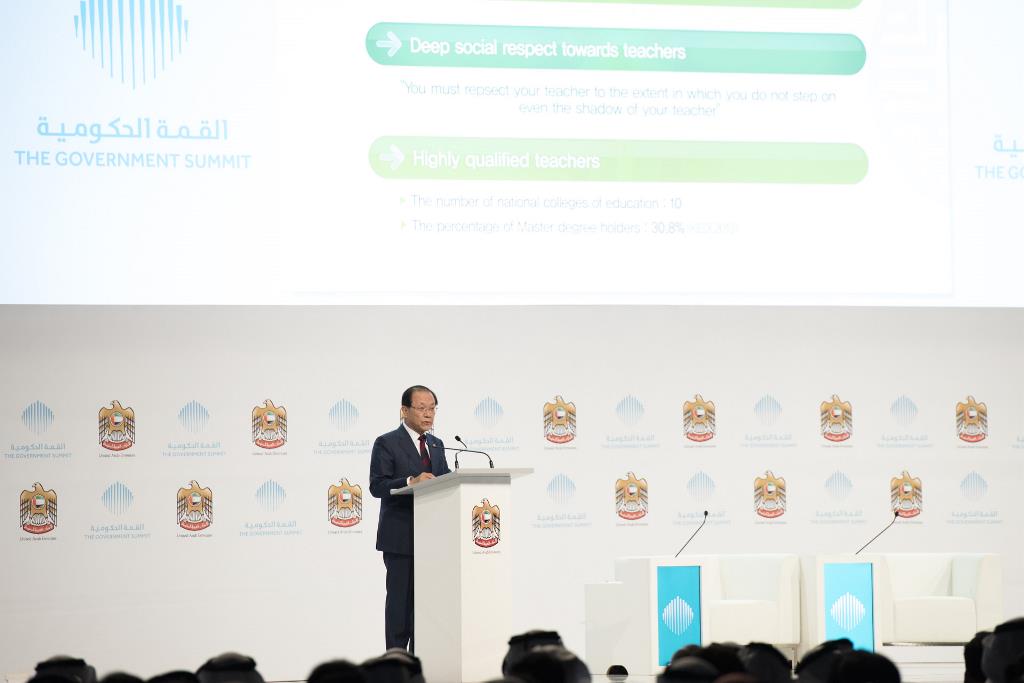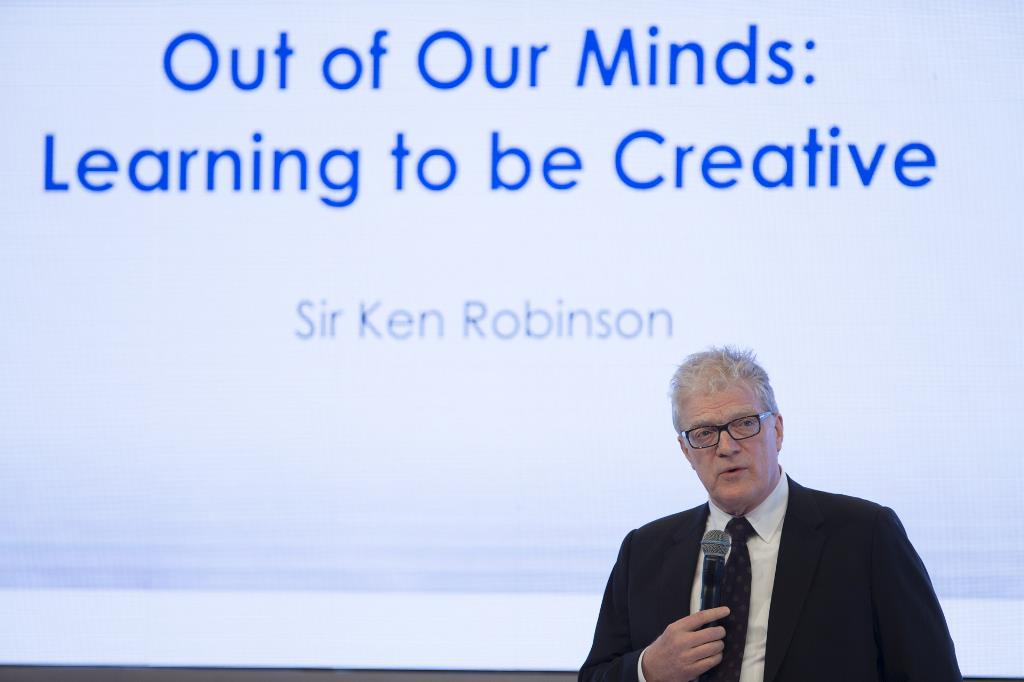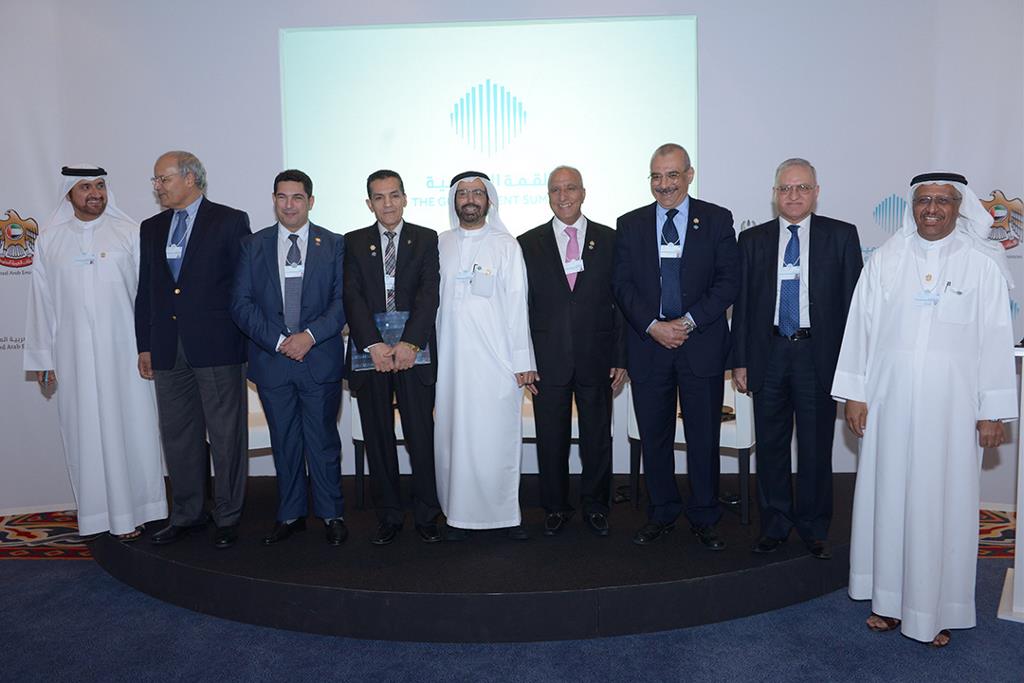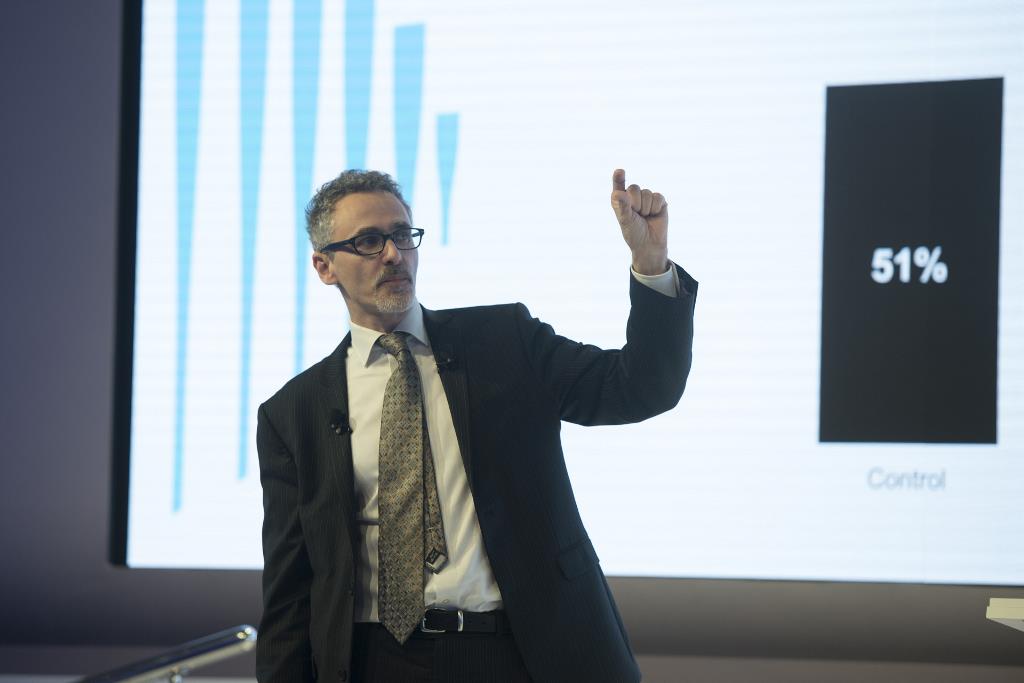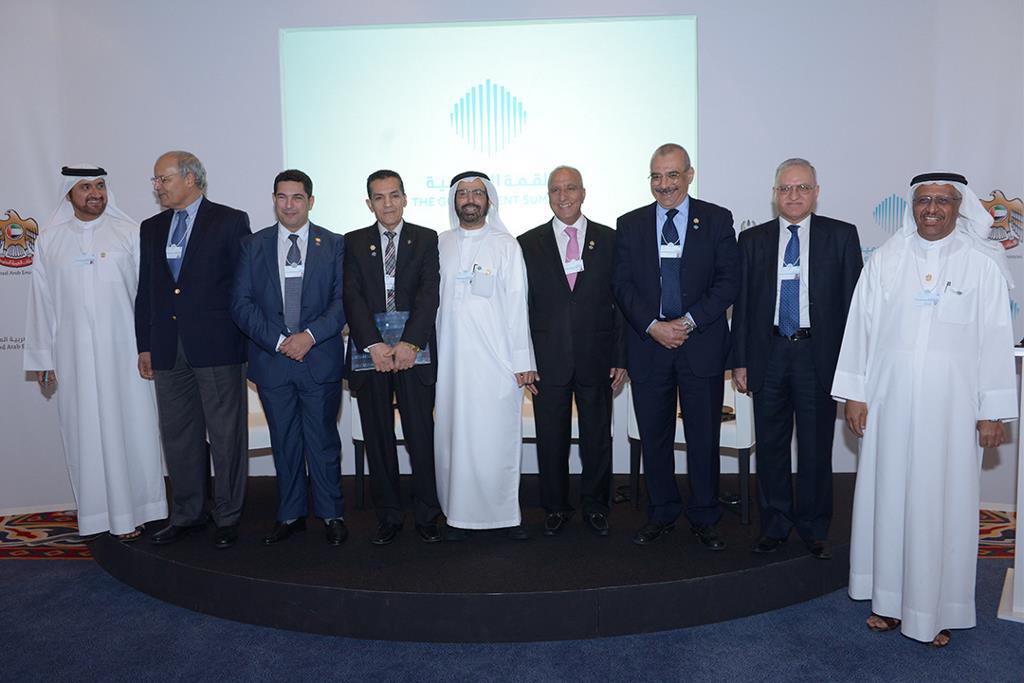Key Trends Shaping the Future of Government Services
With three consulting firms represented on a single platform, the audience expected to be drowned in PowerPoint presentations. Surprisingly, the three panelists -- Dr. Hans-Paul Burkner, BCG Chair and Chair of BCG Center for Public Impact; Paul MacMillan, Global Public Sector Industry Leader, Deloitte; and Sean Shine, Managing Director of Health & Public Service EALA, Accenture – managed to get through an hour without clicking a pointer!
The subject was ‘Key trends shaping the future of government services’, at a session of The Government Summit 2015 moderated by a media personality.
Burkner said there is no single view on the government of the future because different countries have different needs based on demographics. “Only a government that delivers these needs has legitimacy,” he said.
The Boston Consulting Group chair pointed to the example of India, where the greatest need in education, but the government does not deliver it. “The children come to school; the teachers don’t,” he said.
Accenture’s Shine cited statistics to show how citizens’ priorities are galloping ahead of government’s ability to meet them. For instance, he said, there are 4.5 billion people online in the world but only 3.5 billion have toothbrushes.
There are more people with smart devices than those with refrigerators, he said.
Given the profound impact of the digital revolution, government not only needs to create a collaborative digital administration but also to become a disrupter by enabling and supporting innovation. “Trust in government will increase as its digital footprint increases,” Shine said, but warned that this footprint needs to be always on, and should protect citizens’ privacy.
MacMillan of Deloitte pointed to cognitive computing systems such as IBM’s Watson and asked: “Shouldn’t government be like that – adapt to change?” Government also needs to apply the learnings of data in a practical way, develop insight into the process of change and, most important, establish adaptive laws and regulations that have the capacity to accommodate innovation, he said.
Urging fellow panelists to take a step back from the challenges posed by technological innovation, Burkner said government first needs to address the basic issues of societies and work toward eliminating or minimizing imbalances.
Shine pointed to several issues that need to be resolved: an aging population (and the consequent decrease in the working population and productivity, as well as the impact on health care and pensions); a decline in deployable resources; and the increasing demands that citizens are making from their administrations.
MacMillan suggested that governments identify the “wave-makers” in society, the leaders in each sector whose knowledge and influence it can leverage. “Government’s ability to engage with the marketplace is very important,” he said, adding that governments need to embrace innovations sooner.
More than half the world’s social benefits are being paid in Europe, which has only 7% of the world’s population, Burkner said. “This is the current view of government,” he said. Government needs to be more economical, and fair in social spending, as resources continue to dwindle.
Citing the case of India again, Burkner said social subsidies are benefiting the rich rather than the socio-economic class for which they are intended, and such unfairness needs to be ironed out of the system before we talk about innovation.
Shine insisted that government needs to challenge the way things are being done, “especially in an age when we want everything faster”. Government’s ability to execute a vision is equally important. “The private sector has displayed a relentless focus on service improvement at lower cost. Governments need to do the same,” Shine said.

